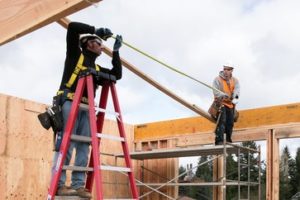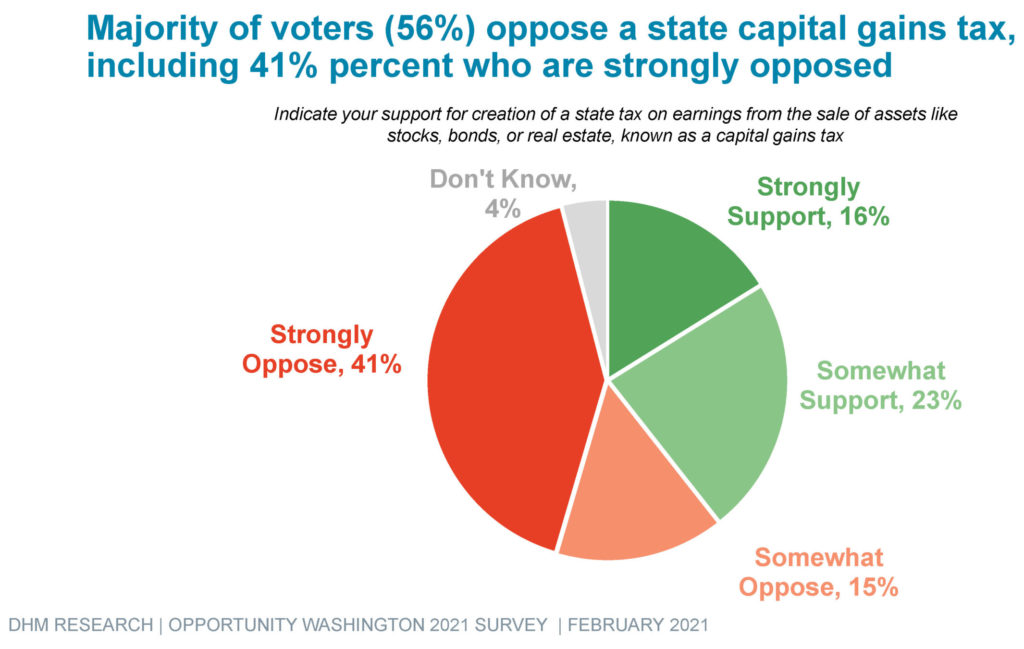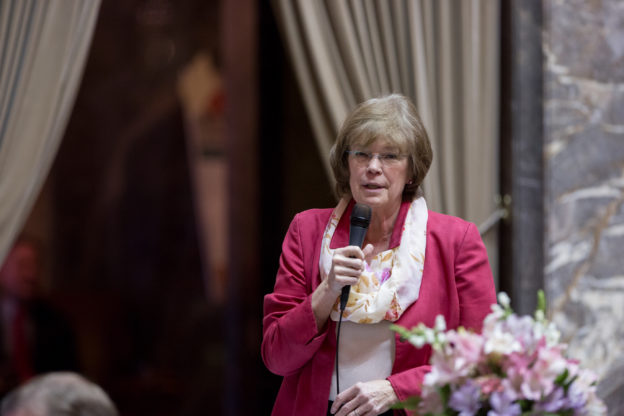Greetings Friends and Neighbors,
We are fast approaching the halfway point of the 2021 legislative session. There have been some challenges conducting business as usual for the Legislature during this unusual time in our lives. The governor’s decision to close off a large portion of the Capitol grounds to the public is concerning, as are his ever-changing metrics and policies when it comes to reopening our state.
I’m very pleased that all parts of our state have been able to move to Phase 2 of the latest reopening plan. My 13th District seatmates and I had been critical of moves that opened urban areas sooner and pushed back to ensure that decisions in Olympia take into consideration the good work we’ve done in rural parts of the state.
Having been shut out of the policy-making process for the better part of 12 months, it’s past time for the Legislature to weigh in on these decisions. While some of the governor’s proclamations are good in the sense that they’ve cut bureaucratic red tape or waived fees, it is our job to represent the people in an open and transparent manner through the legislative process.
 Affordable Housing for Rural Washington
Affordable Housing for Rural Washington
In the Legislature, I am working to bridge the divide, fighting for the needs of rural Washington. I wanted to highlight some of the positive work I’m doing for our communities.
Affordable housing continues to be a focal point for the Legislature. Although some high-profile policies, such as reforms to the housing provider-tenant law, have recently been approved, there is still work needed to fix disparities between rural and urban development.
That is why I sponsored legislation that will help bridge the gaps. We need serious reform of our state’s land-use planning laws and must fix where our dollars are being spent. My proposal, Senate Bill 5375, will help rural communities be competitive when it comes to affordable housing investment. The bill is waiting for a vote in the Senate.
Income Tax by Another Name
Washington state’s economy is in good shape. Despite dismal projections last year as a result of the pandemic, we have rebounded. The state’s budget is still anticipated to grow by nearly 6 percent with no more taxes. However, that is not stopping the majority from pushing for more, especially their long-awaited income tax that is framed as an ‘excise tax.’ Senate Bill 5096 would impose an income tax on capital gains, which, as you can see from this recent survey, shows strong public opposition. In that same survey, it appears Washingtonians are more concerned about getting back to work and protecting our state’s fragile economy than seeing how much more money the government can take in from volatile tax schemes. I’m fighting against this proposal because I believe we do not need more taxes, especially now. You can read more from that survey by clicking here.
Standing up for Principles of Equality
Our district is very diverse and I’m proud to represent those views and backgrounds in Olympia. This legislative session the majority is very focused on a buzzword, equity. A lot of bills are focusing on that concept, but I believe not in a helpful or principled way that will actually address issues that different groups may face in our state. That is why I’m happy to be working with some of my Senate Republican colleagues on a new initiative that is in the works to approach these discussions from a principled, conservative angle, standing true to principles of our party and country’s promise of equality and opportunity for all. We aren’t looking at more government programs, we are looking at ways to empower communities to thrive and get government out of the way of the American Dream. I’ll be sure to update you as this progresses.











